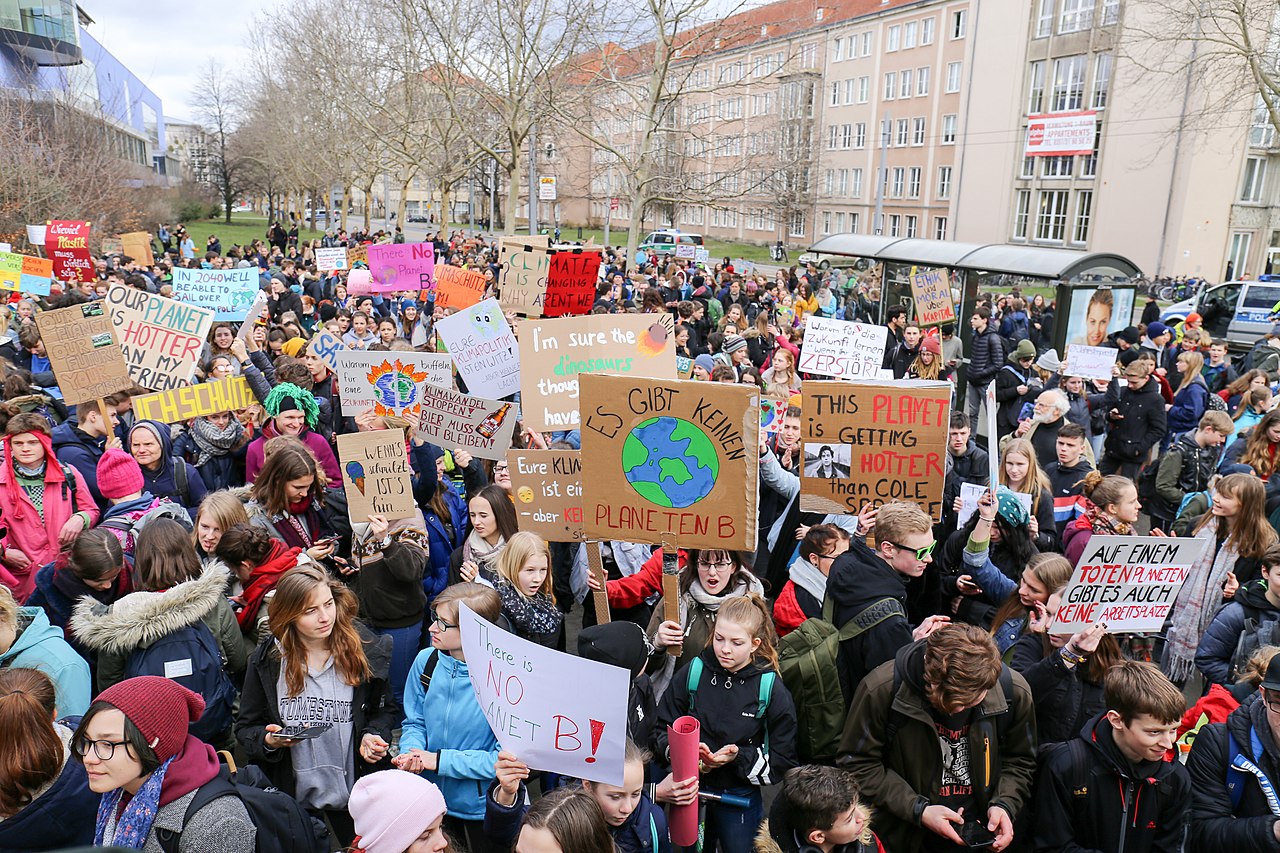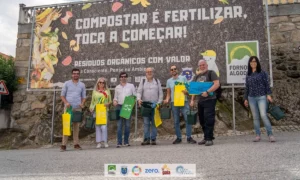Leaving a Better World for Future Generations

On the 20th of August 2018 Greta Thurnberg, then aged 15, chose to strike from school to protest global inaction on the climate emergency. She sat alone outside the Swedish parliament and sent a message to the Swedish government that has now transcended worldwide, starting the global Fridays For Future youth climate movement.
Greta’s message was clear: “change is coming, whether we like it or not”, and she looked to global leaders to see whether they were willing to do something about it. But it was young people who answered: and in March 2019 over 1.4 million school students turned out to join the global strike for climate – putting adults firmly under the microscope for their responsibility to act.
Young people have put a critical spotlight on the need to address our current mismanagement of the planet and its resources. For too long we have used and abused our earth as a means to meet our increasing demands. We failed to acknowledge the warning signs that have led us to a warming planet, ecosystem collapse, waste filled oceans and unsustainable resource use. The responsibility falls to adults who have the power now to push us into a new system that ensures a better planet for everyone. And it’s possible.
A New System
The industrial revolution brought new job opportunities, technological development and transitioned us into the modern society that we have now come to accept as normal – but it happened quickly and it took us a long time to understand the full cost of this accelerated growth. We built a world that valued fast, cheap, and throwaway goods to match our time constrained consumerist lifestyles; and this system is no longer working.
Like Greta said, Zero Waste Europe recognises that “if solutions within the system are so impossible to find, then maybe we should change the system itself” – which is why we need to change the way we use and dispose of our planet’s valuable resources.
It’s time for a people-centered approach to change, that redesigns our relationship with resources, to adopt smarter lifestyles and sustainable consumption patterns in line with circular resource management.
- We need to redesign our business models to ensure that value is being placed on smart, reusable, and durable design, instead of cheap throwaway alternatives
- We need to introduce change at the city level in a way that puts jobs, local communities, and circular economies first
- We need to maximise material recovery for resources which cannot be reused
- And ultimately, we need to become a zero waste society that values maximum resource efficiency
Without a serious attempt to address our extractive approach to resources we cannot expect to alter the current path towards climate chaos. That means leaving fossil fuels in the ground, switching to the sustainable use of material resources, a zero waste approach to disposal, and placing the lives of people and the health of our planet before profit.
In new hands
Young people have been tirelessly calling for change, and it’s time we collectively come together to build a world fit for them to inherit. Our Zero Waste Cities programme proves that another world is possible, and highlights how both social and environmental justice can be placed at the forefront of change in Europe.
We will join the Global Strike for Climate on the 20th of September 2019 and we won’t stop working until we reach a zero waste world.
The way we treat our planet has profound implications not only for future generations, but for marginalised communities today who are already facing the consequences of our changing climate and our attitude to our planet’s resources. It’s clear that the time to act is now.


